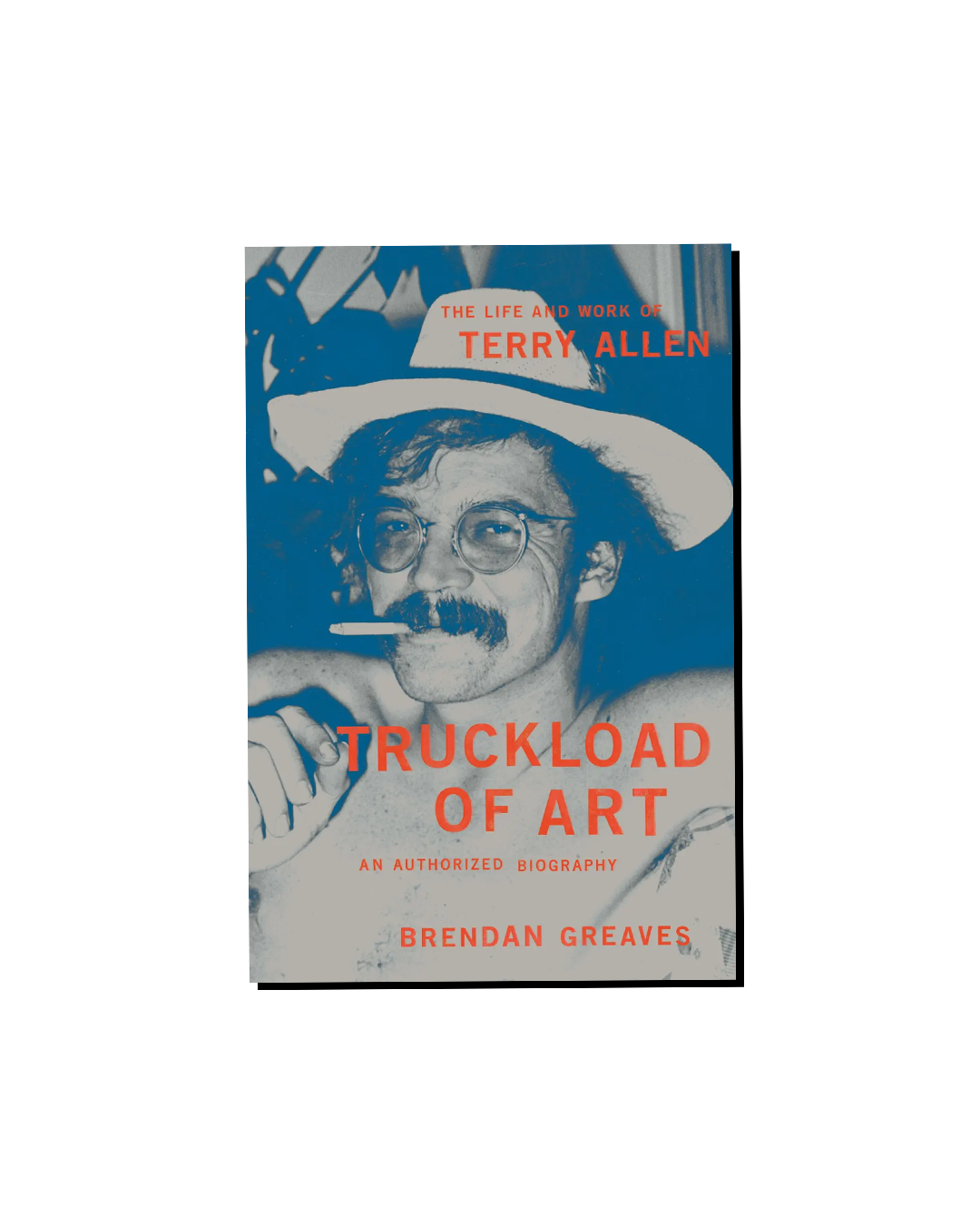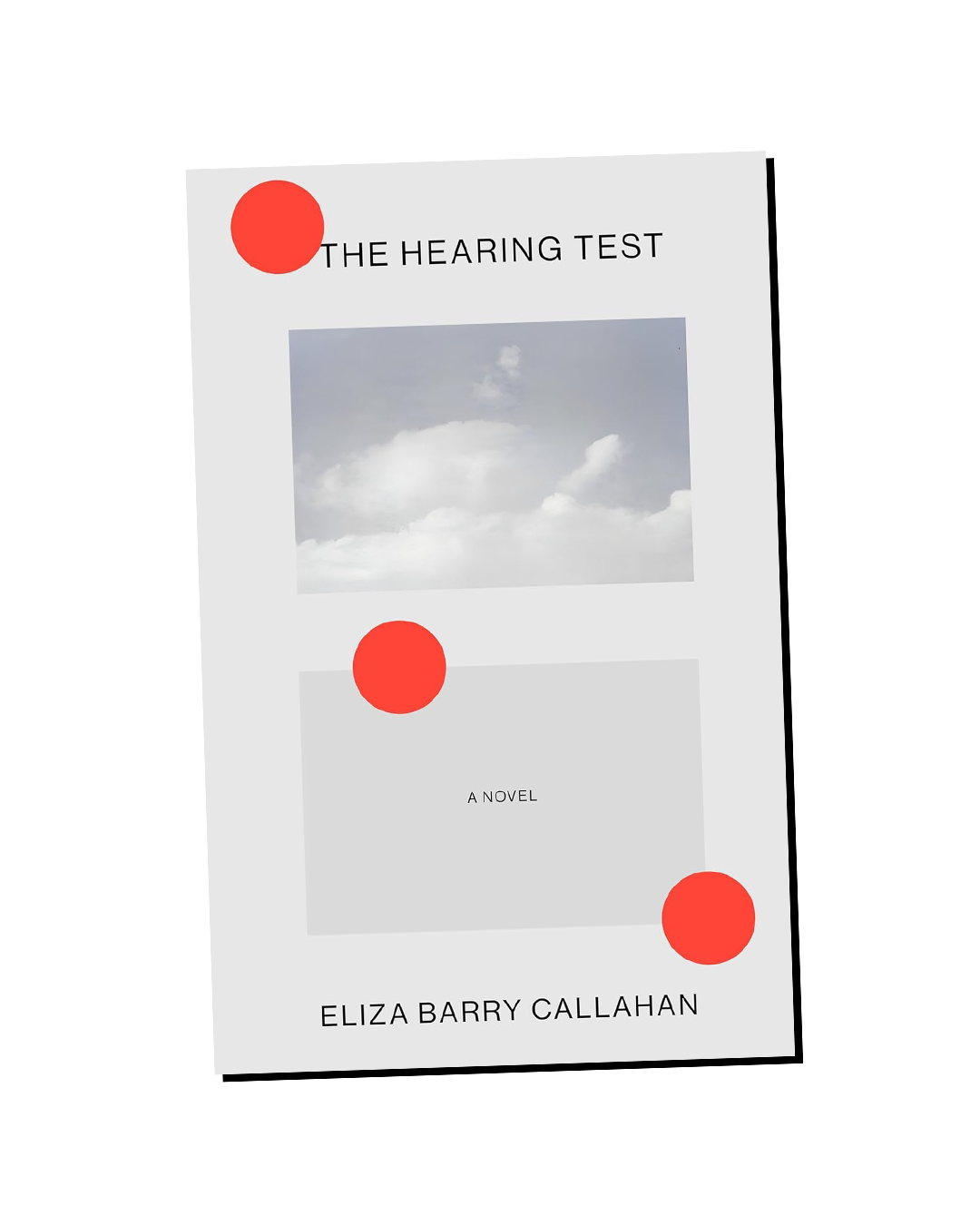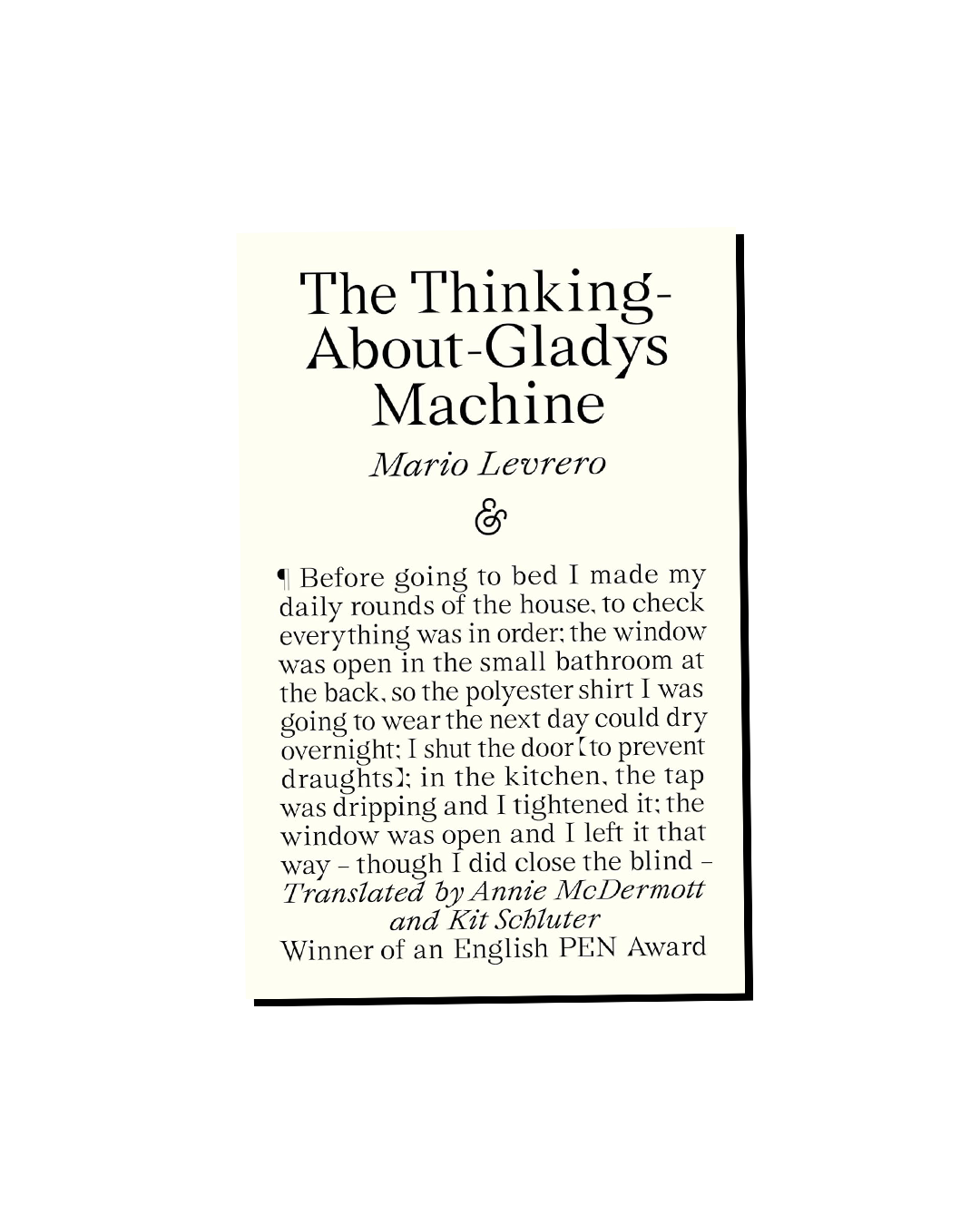Irresistible Mirror: On Terry Allen and the Art of Biography
Now, at long last, we have an Allen biography. In Greaves, Allen has found the kind of friend, curator, and collaborator every great artist deserves.
The Held Tongue: On Hannah Bonner’s “Another Woman”
In the quiet of the white space, the aesthetic of restraint creates a storehouse of energy brimming behind and between each uttered syllable.
Truth-Telling: On Karen Lewis’s “I Didn’t Come Here to Lie: My Life and Education”
In her classroom, she would tell her students, “I’m not just going to teach you chemistry. I’m going to teach you life. Because you’re going to need that.”
It Is Easier To Imagine the End of Opera Than the End of Capitalism: On Yuval Sharon’s “A New Philosophy of Opera”
For those of us who want the art of opera to persist materially—not just metaphysically—it is easier to imagine the end of opera, or art in general, than the end of capitalism.
Embodiment as Enigma: On Xi Xi’s “Mourning a Breast”
What illness and pain cast into relief is that our minds will always be lost in translation—and will always remain in a liminal space—somewhere between our embodiment and the outer world.
Techno Worship: On Daisuke Shen’s “Vague Predictions and Prophecies”
It’s easy to imagine, though, that many of these stories exist in the same universe—dilapidated and hyper-developed, inhabited by emotionally fragile and lonely characters desperate for some type of human connection. Like many stories that are sci-fi by nature, it presents fictitious realities that are just believable enough to be scary.
Becoming Nearer to Oneself: On Eliza Barry Callahan’s “The Hearing Test”
What happens during waking hours, on the other hand, is not a lie. But subjective experience is as unprovable as a dream – particularly for those whose reality is centered around their own body, and how it differs from the norm.
An Extended Argument in Verse: On Ryan Ruby’s “Context Collapse”
Ruby’s style of argument—choppy, playful, sometimes sonically enticing—invites us to look, not just at “poetry” as a concept, but at the poem we happen to read, whose sounds we likely imagine in our heads as we move to the end of each line, along with the person who might have composed it.
A Present for Eyes: Notes on Avgi Saketopoulou and Ann Pellegrini’s “Gender Without Identity”
Each appearance of gender, which is to say each appearance in our lives of those fuzzy unconscious signals, breaks up and splits into multiple messages.
Surpassing the Moment: On Elisa Gonzalez’s “Grand Tour”
The poems in Grand Tour are marked by restlessness: their speakers seem uncomfortable, even trapped, within their lyric moments.
I Decided To Hold Onto It: On Ayşegül Savaş’s “The Anthropologists”
Chekhov’s gun isn’t always firing; sometimes it’s just the small, insignificant moments that happen in the meantime, described with clarity and grace, pinpricks of tenderness, the levity of a vignette that passes, that means nothing, that means everything, that exists.
Doubled Visions: On Heather Christle’s “In the Rhododendrons”
The result is a remarkable work of synthesis, overlay, and double exposure, in which past and present, child and adult, literary figure and family member illuminate each other.
Michel Houellebecq Explains Himself: on Michel Houellebecq’s “Annihilation”
None of the author’s controversies have been as bizarre as the one he finds himself in presently, which, perhaps unsurprisingly, circles back to his preoccupation with sex.
Back to Normal: Hollinghurst's Late Style
If a shared appreciation of culture is a means of expressing these desires covertly, Our Evenings suggests that it can also prove treacherous.
Decisions, Decisions: On Anastasia Berg and Rachel Wiseman’s “What Are Children For?”
I see nothing controversial in the authors’ core argument: that it’s not anti-feminist to wonder whether to have children, and that women who are ambivalent about the question should address it in a timely, direct, and collaborative manner.
Inhuman Intelligence: on “The Automatic Fetish” and “The MANIAC”
Labatut and Best both fear this outcome. But Labatut does not realize we already live in a world governed by an alien intelligence.
A Snail’s Pace Suits Me Fine: On Mario Levrero’s “The Thinking-About-Gladys Machine”
Levrero’s characters often uncover something long neglected, or turn inward in some other way. Consequently, the protagonists in these stories are seemingly at odds with their reality.
Every Little Thing: On Simon Wu’s “Dancing on My Own”
I know that I can never purchase the identity I feel stripped of by histories of immigration and assimilation and gaysian self-hatred. This doesn’t make silk less pleasurable or persimmons less delicious.
Articulations: On Eleni Stecopoulos’s “Dreaming in the Fault Zone”
Can there be a reparative mode of reading the earth, Dreaming seems to ask, that draws us into an epoch of the geopathic? Or a mode of repair that does not draw from the paradigm of work and working?
Exploitation, Marx, and the American Working Class: A Misunderstanding
While she positions herself as an inside critic fed up with the excesses of the left, and as someone who embraces Marxist ideas herself, her recent work demonstrates serious confusion about the nature of exploitation, one of the most basic Marxist concepts.




















